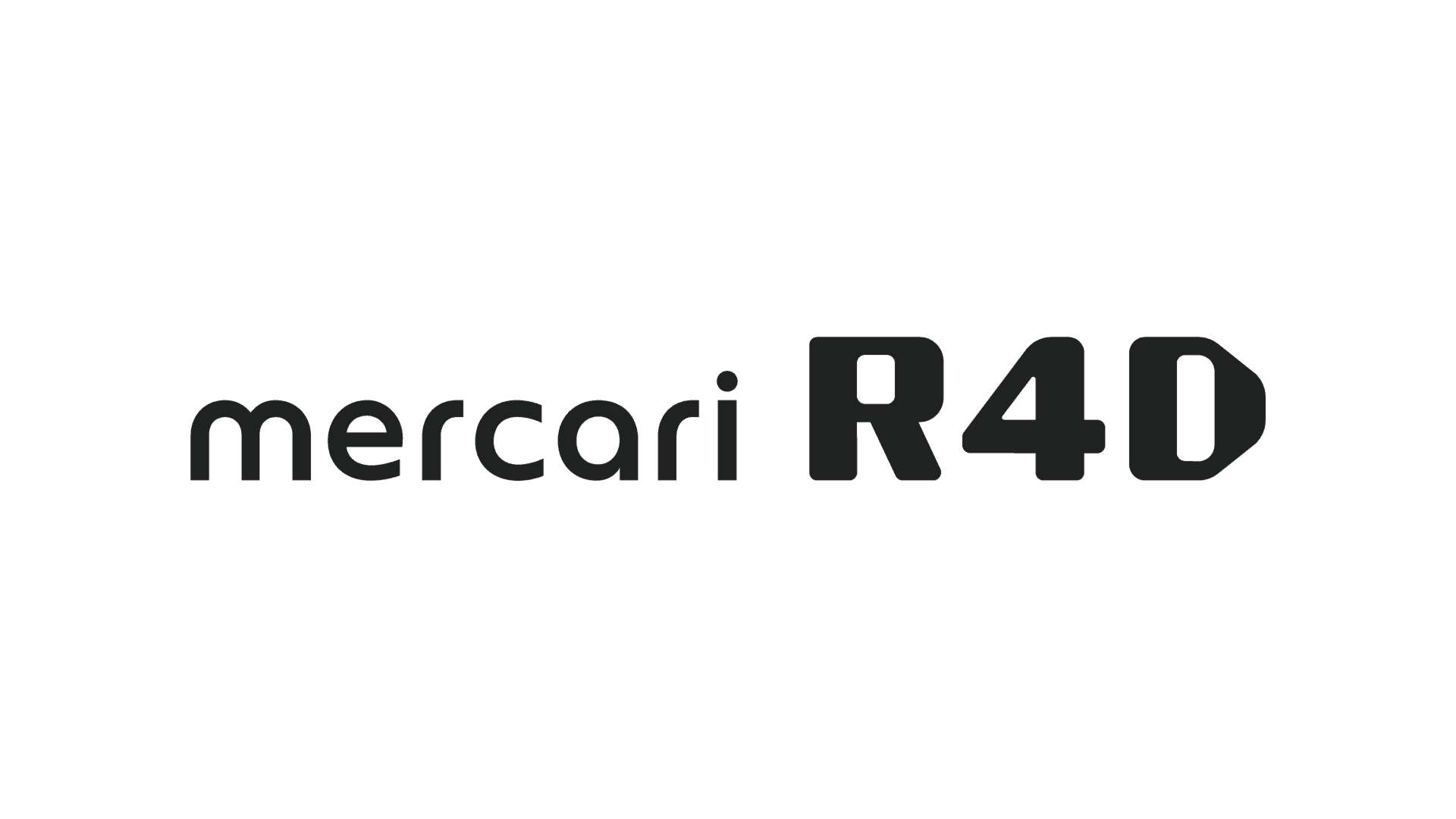Mercari, Inc. (“Mercari”) is pleased to announce that two papers coauthored by Yuto Takei, a researcher in the company’s research and development organization Mercari R4D (“R4D”), and Kazuyuki Shudo, a professor in the Academic Center for Computing and Media Studies at Kyoto University, have been accepted for presentation at IEEE International Conference on Blockchain and Cryptocurrency (“IEEE ICBC”).
IEEE ICBC is an international conference held annually since 2019, featuring discussions on research and development related to blockchain technology and cryptocurrency.
ICBC 2024, the 6th edition of the conference, will be held from May 27 to 31 in Trinity College Dublin, Ireland. Yuto Takei is scheduled to begin presenting on May 29 at 5:30 PM JST (9:30 AM Irish Standard Time).
Detail: https://icbc2024.ieee-icbc.org/
Research Summary
Mercari subsidiary Mercoin, Inc. (“Mercoin”) entered the cryptoasset exchange business in March 2023 and currently offers a service enabling users to buy and sell cryptocurrencies.
Detail: https://about.mercoin.com/en/news/20230309_bitcoin/ https://about.mercoin.com/news/20240521eth/ (only available in Japanese)
Mercari Group strives to build and maintain systems to strictly protect cryptoassets held by users and in Mercari’s accounts to help realize a safe and secure environment for cryptoasset transactions.
The two papers selected for presentation at ICBC 2024 propose rational methods for preventing leaks or damage of cryptoassets in order to accelerate the realization of safe and secure transactions.
Pragmatic Analysis of Key Management for Cryptocurrency Custodians
In this research, we compared and evaluated the suitability of various wallet techniques used to manage cryptocurrencies from a security perspective. In Japan, cryptocurrency exchanges are mandated by law to store the majority of their assets in cold wallets. This paper proposes an ultimate example of a highly secure form of cold wallet.
We believe that the results of this research will contribute to enhancing security not only for Mercoin, but for all businesses that handle cryptoassets.
The paper is available to read at the following link:
「Pragmatic Analysis of Key Management for Cryptocurrency Custodians」
FATF Travel Rule’s Technical Challenges and Solution Taxonomy
In this paper, we discuss the technical challenges that virtual asset service providers face when complying with the Travel Rule, an international obligation mandated by the Financial Action Task Force for financial institutions, as well as potential approaches for these challenges. The Travel Rule is a regulation that aims to prevent money laundering, but there are several technical challenges involved in applying it to virtual assets, which have high levels of anonymity. In Japan, compliance with the Travel Rule became compulsory for virtual asset exchanges in June 2023. This paper aims to systematically organize knowledge to contribute to understanding and improvements of the Travel Rule.
The paper is available to read at the following link:
「FATF Travel Rule’s Technical Challenges and Solution Taxonomy」
Future Outlook
R4D will continue its research into information security in the fintech domain, particularly in cutting-edge areas utilizing cryptoassets and blockchain technology, to further accelerate the realization of safe and secure transactions. These research topics include core technologies involved in the implementation of blockchain itself, as well as applications such as decentralized finance (DeFi). Mercari will continue to create future-facing innovation for Mercari Group’s services and businesses using R4D’s research results, aiming to deploy that innovation beyond the confines of our labs.
About Mercari R4D
Mercari R4D was established in December 2017 as a research and development organization that aims to implement its findings practically, as part of the world at large. Under its mission of “pioneering the path toward undiscovered value,” R4D promotes a co-innovation approach to solving complex social issues by leveraging the power of science and technology, and also by going beyond the conventional boundaries of industry, academia, and government in order to realize a society where limited resources are circulated and all people can unleash their potential.
